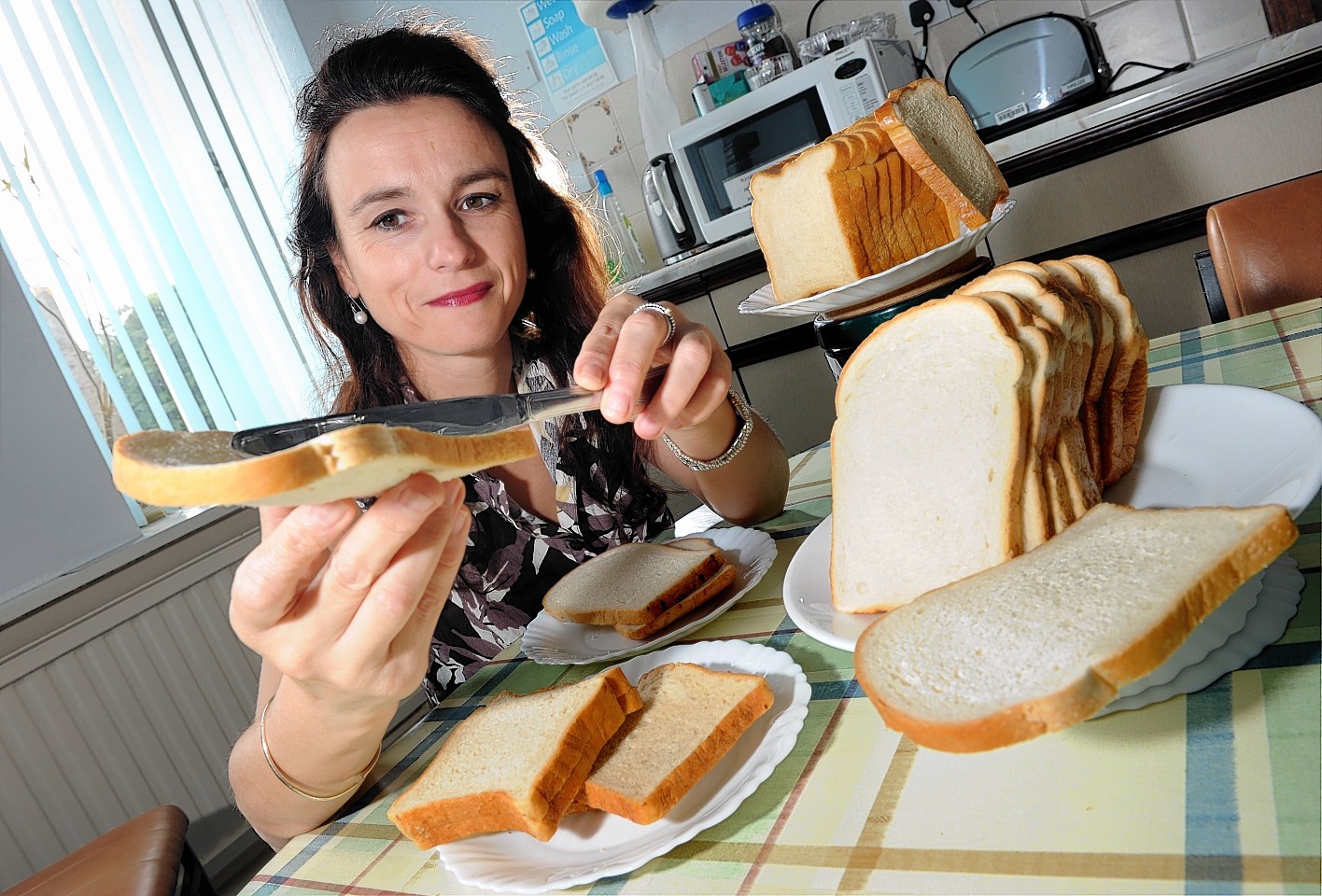Aberdeen scientists are hoping to prove that fibre could hold the key to helping people lose weight.
They believe that food rich in the substance can make people feel fuller for longer – as well as being an aid to controlling appetite.
Volunteers are now being sought to take part in a study to test the effect fibre rich foods can have on our diet.
Dr Alexandra Johnstone, from Aberdeen University’s Rowett Institute of Nutrition and Health, said a greater understanding of whether fibre can lead to feeling full would allow scientists to explore and create new food products.
“One of the main barriers to achieving weight loss is feeling hungry. We are examining whether fibre can help with this, and whether it makes people feel fuller,” she said.
“Fibre ferments in the large intestine which is a normal process. It produces short chain fatty acids and they are known to affect appetite. For us the interaction between food, gut and the brain is crucial, especially with our understanding in terms of appetite control.”
Scientists are on the lookout for 20 overweight men and women to take part in the study. Volunteers will follow a strict diet for 24 days with fibre provided by foods such as rice and bread and will be also be given other dishes such as stew.
All meals are provided free and travel expenses are also included. Participants will be asked to go to the Rowett Institute three times a week to undergo monitoring.
The study is part of a £6milllion European project to develop and test new food products with qualities which can help control appetite, manage weight and combat obesity.
Dr Johnstone added: “The benefit of this being part of an EU wide study is tremendous. There are also a lot of food companies that are involved in it. They will have an interest in our results and could either integrate it into their existing products or create new ones to combat obesity.”
It is estimated that 60% of men, 50% of women and 25% of children in the UK will be obese by 2050.
Those interested in volunteering for the study should contact Reyna Patricia Romero-Gonzalez on 01224 438582 or email r.romerogonzalez@abdn.ac.uk.
